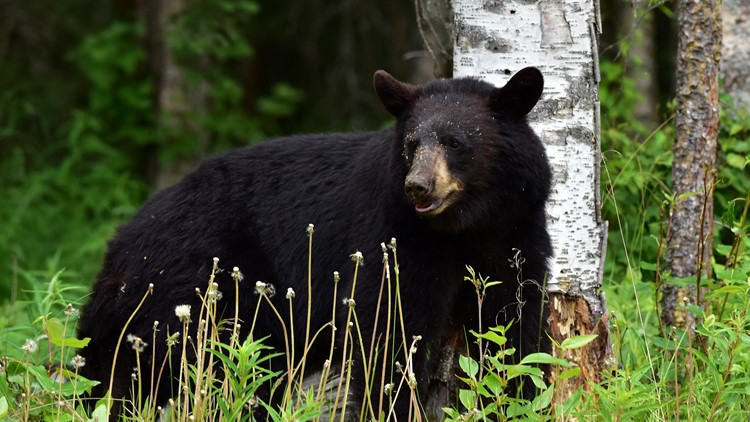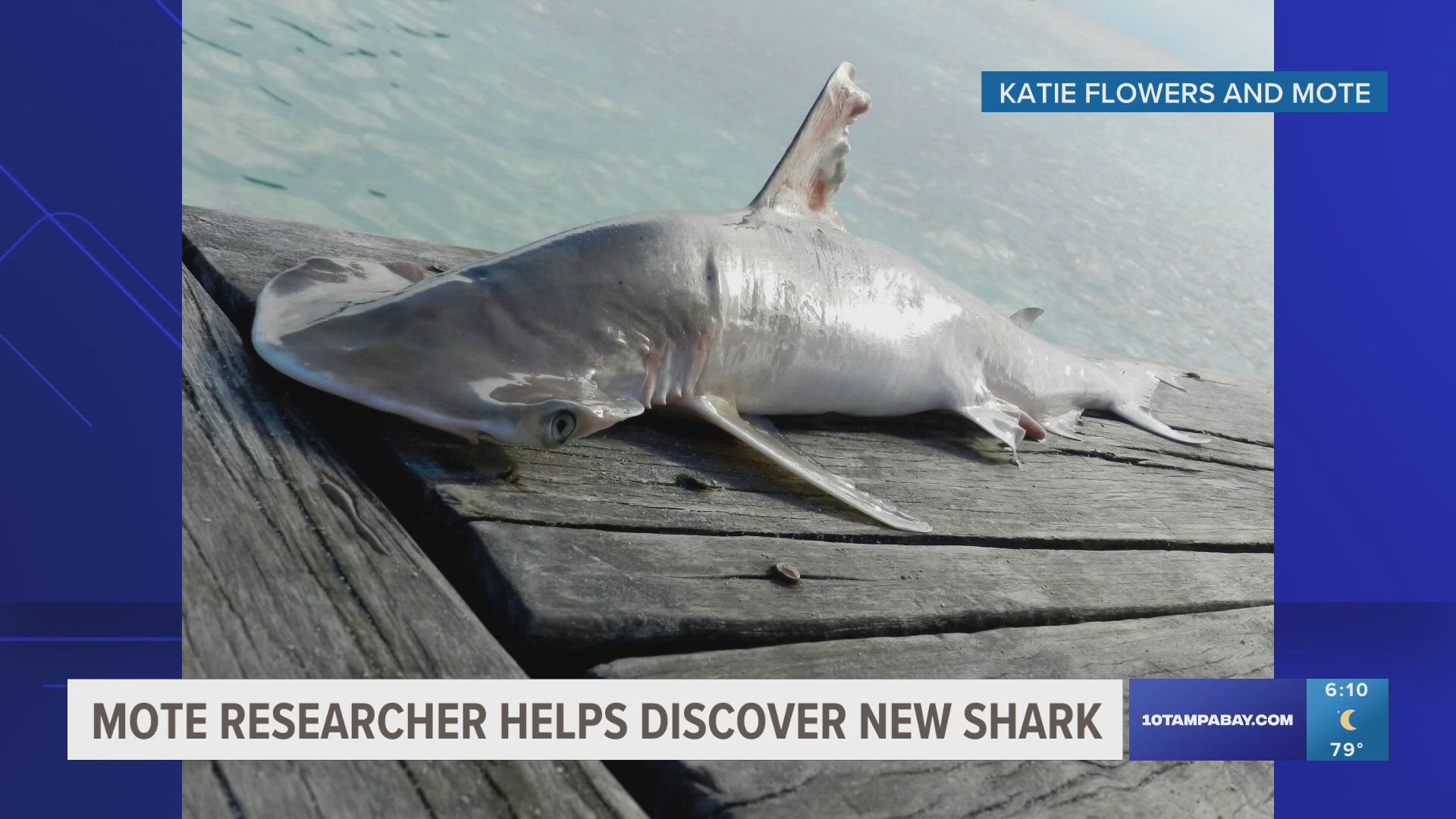TAMPA, Fla. — Wildlife officials are warning that black bears might be seen in unexpected areas around Tampa Bay during this time of year.
Juvenile bears are leaving their mothers' homes to look for new locations to settle down and springtime marks a general increase in activity among bears after not moving much in the winter.
At the end of May, a bear was spotted roaming around Hillsborough County. It was wandering around neighborhoods and even climbed up a tree before leaving the area.
The Florida Fish and Wildlife Conservation Commission said bears are not generally aggressive but if they feel threatened, they can become defensive.
“Juvenile or yearling bears – between the ages of 1½ -2½ – start dispersing in spring and summer each year,” said the FWC’s Bear Management Program Coordinator Mike Orlando. “The best thing people can do if they see a bear in an unexpected area is to give them plenty of space and to never approach or feed them and they will typically move along on their own.”
Here's what you can do to prevent conflicts with these animals:
- Secure food and garbage:
- Put garbage in a sturdy shed or garage and put it out the morning of pick-up
- Use a bear-resistant container
- Put commercial garbage in bear-resistant dumpsters
- Protect gardens with electric fencing
- Pick ripe fruit from trees and bushes and remove fallen fruit from the ground
- Remove or secure bird and wildlife feeders
- Don't leave pet food outdoors
- Clean and store grills
- Alert neighbors to bear activity
- When walking dogs, keep them close on a leash
- Before letting dogs out at night, flip lights on and off and bang on the door to give bears and other wildlife a chance to leave the area
- Slow down while driving to avoid hitting bears in the roadway
If you feel threatened by a bear or observe one, call the Florida Fish and Wildlife Conservation Commission alert hotline at 888-404-3922.



